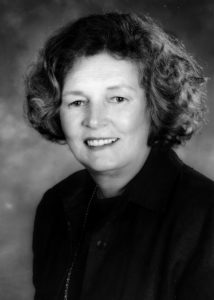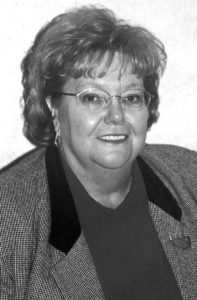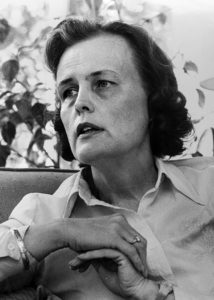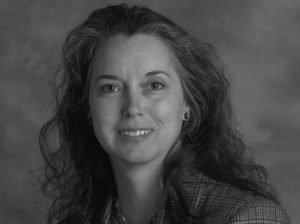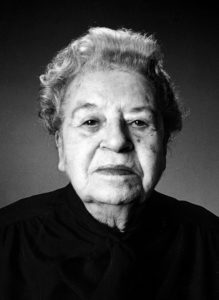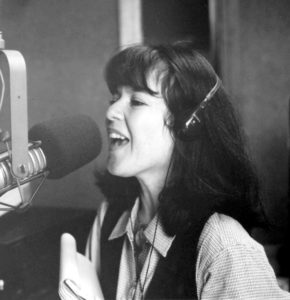
Women of Achievement
2003
VISION
for a woman whose sensitivity to women’s needs
led her to tremendous achievements for women:
Mariel Loaiza and Marcela Mendoza
Though from different countries, Mariel Loaiza and Marcela Mendoza reached Memphis by similar paths, each following her husband to a new life in the United States. Mariel arrived in Houston in 1986 with a degree in broadcast journalism from the University of Costa Rica. While living in Houston, she worked as a journalist and received an award from the Houston Post for an article on child abuse – written in English. Her husband’s career took them to several more cities before they settled in Memphis in 1995.
Marcela came to Iowa in 1989 so her husband could attend school. While still in elementary school in Argentina, she had decided to become an anthropologist. She entered the university in Buenos Aires at age 17 and she began work on a Ph.D. when she moved to Iowa. She and her family returned to Argentina but came back the United States in 1995, to Memphis, where her husband joined the faculty of the University of Tennessee School of Medicine.
Both women initially did volunteer work, Mariel for Cablevision’s public access channel. In 1996, she started a show called Treinta Minutos con Marial (30 Minutes with Marial). The program featured community teens discussing problems such as sex and drugs. The show was an immediate hit. As a result, Mariel was recruited by the Spanish language station Radio Ambiente.
Unable to work due to visa problems, Marcela volunteered with Sacred Heart and Holy Rosary, MIFA and the Latino Memphis Conexcion. After completing her Ph.D. and establishing permanent residency, she joined the University of Memphis Anthropology Department in January 1999. Though her expertise is in the study of aboriginal peoples, in Spring 2000, the Center for Research on Women recruited her to do research on Latino immigration in the South. Her work resulted in an increased understanding of Latinos in Memphis.
In the meantime, Mariel continued playing music and hosting talk shows. Young Latinas arriving in Memphis called in with questions. “How do I enroll my child in school?” “How do I get a bank account?” They needed answers. In response, Mariel developed a proposal for a radio program for women. The station thought it over – for three or four years. So she started including little things aimed women as part of her regular shows. Phones started ringing, station management took note and in November 2001, a new program went on the air.
De Mujer A Mujer (From One Woman to Another,) was an instant success. Broadcast one hour per week, the program is a lifeline for young Latina women, many of whom speak little English. Isolated, they spend their days at home with young children and the radio for company. Each show provides 30 minutes for a special guest and then the lines are open for calls. Topics are diverse. Guests may discuss women’s health issues, crime avoidance or how to talk to children about war. Lighter topics such as latest beauty and fashion tips also have a place.
In the meantime, Marcela wanted to share the results of her research with the Latino community. She quickly realized that the radio would provide the perfect medium and made arrangements to present her information on the air.
Mariel and Marcela met through the station and forged a partnership to move their shared vision of a better life for Latina women.
Mariel decided that the one-year anniversary of De Mujer a Mujer deserved a celebration. She thought that it was time for these women to meet face to face. She took the idea to Marcela and in November 2001, they held the first event.
It was a huge success, with more than 200 women and almost as many children attending. They made new friends, found answers to questions and established lasting bonds. Most importantly, they realized that they were not alone. Obviously once was not enough so now the group meets regularly.
What motivated these two women? Mariel credits personal experience. Even though she was a professional, she felt lost when she first came to the states. Marcela’s research proves that this is the rule for most.
Their vision is to help Latinas enroll in school, learn English, connect with services that support families, make friends, be self-sufficient, and get a drivers’ license. According to Mariel, getting a drivers’ license is a master’s degree for life in Memphis!
Through working together, their vision for Latina women in Memphis is being realized.


